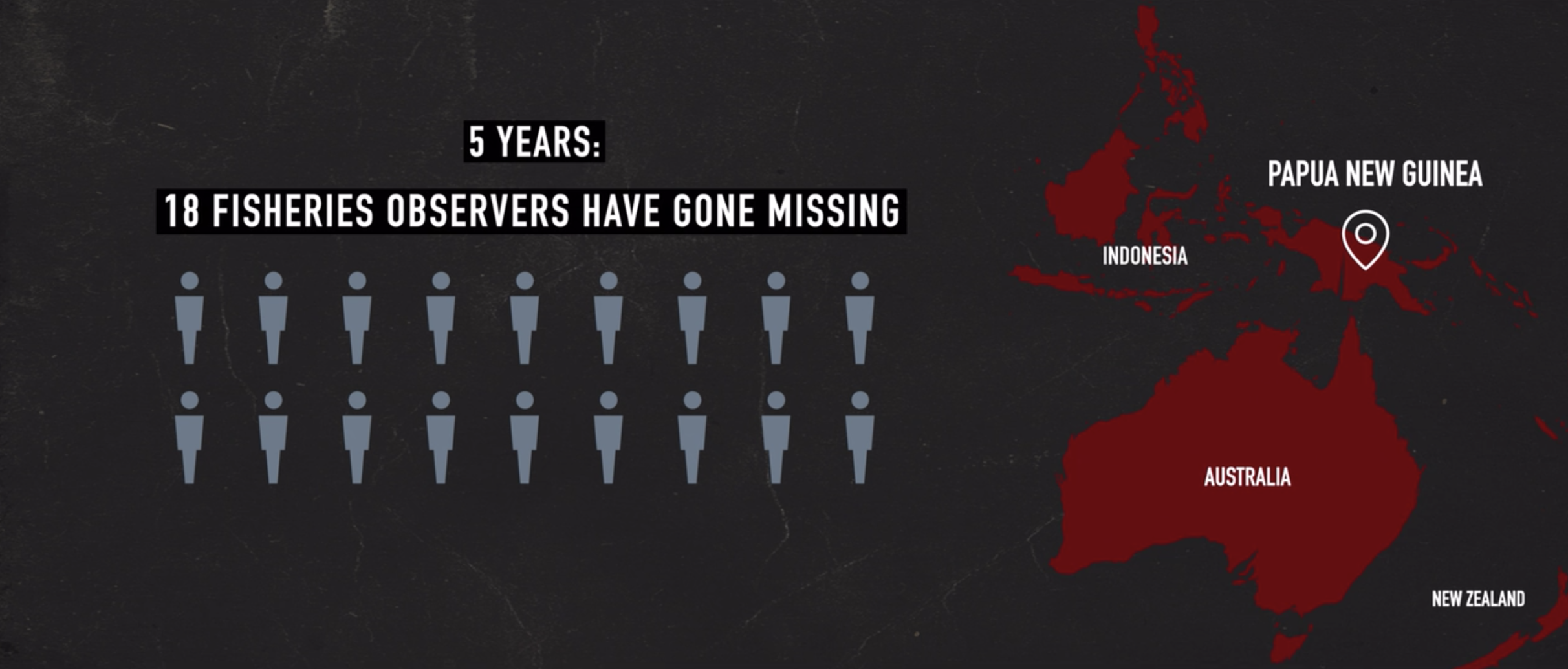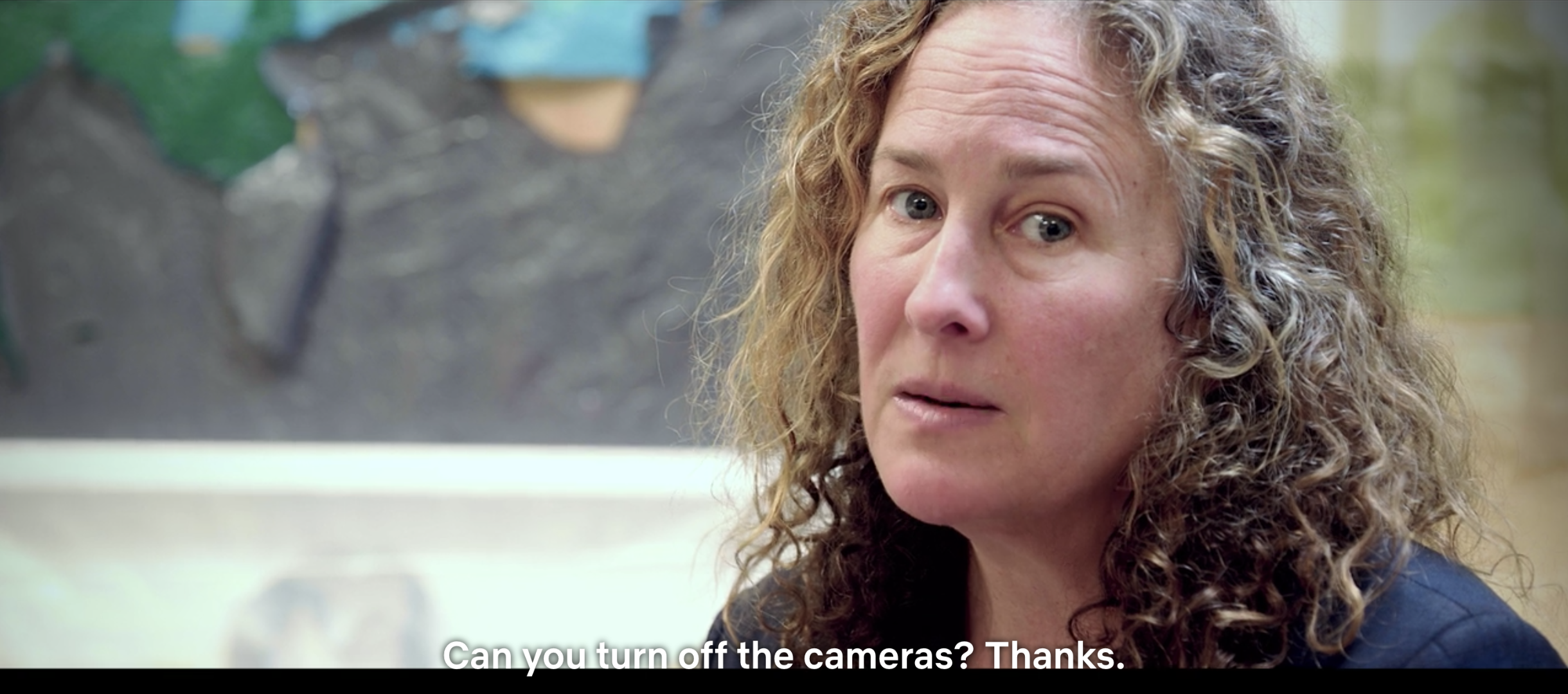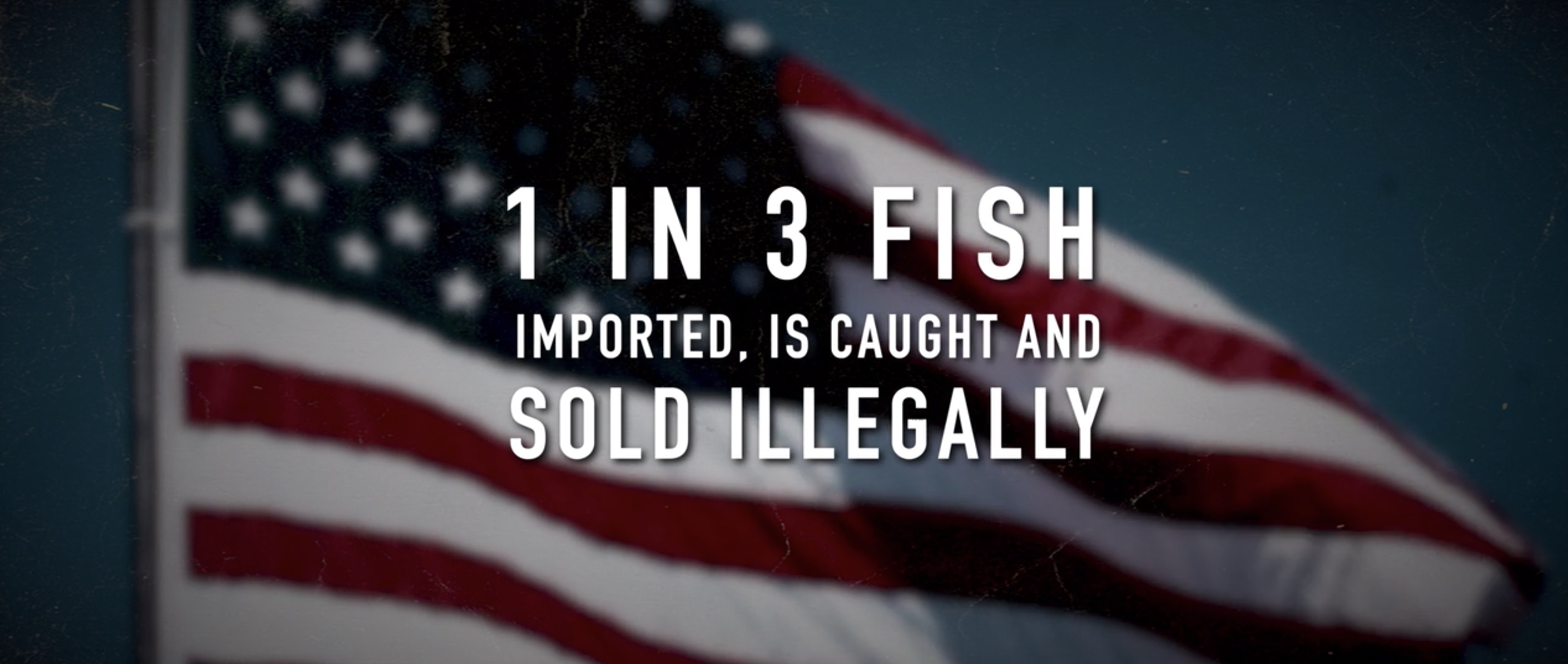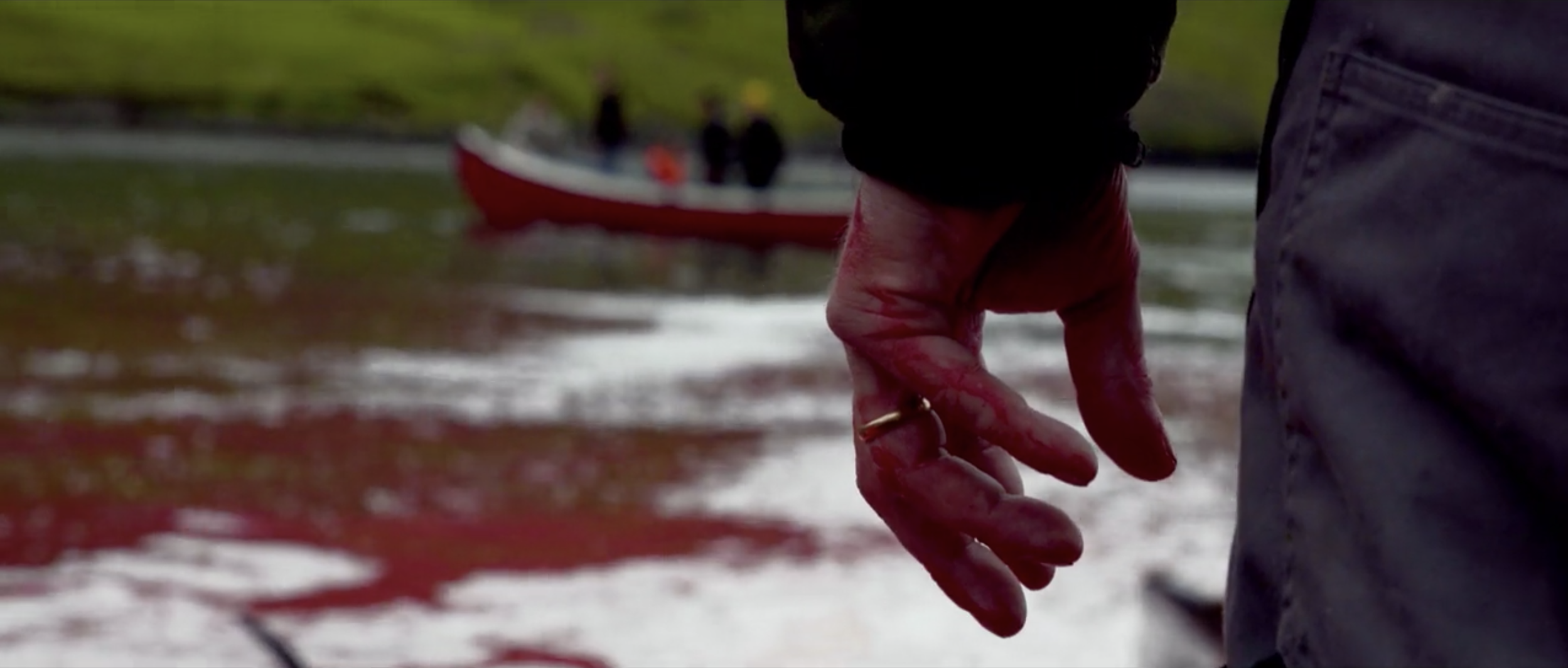British filmmaker Ali Tabrizi’s Seaspiracy is sensational from the get-go. It is not the gory 2000s brainwashing that PETA (People for the Ethical Treatment of Animals) had gotten us used to at one point. But what it is is a boatload of statistics framed in an effective narrative that seeks to make one point to consumers: Stop eating fish. Despite praise from viewers, it has also stirred up controversy in its wake, with scientists, environmentalists and NGOs criticising it for inaccuracies and misrepresentation.
In today’s economic climate, in which sustainability is entrenched, there is no telling that there is a massive need for a global shift in consumer habits. We need to change the way we eat, move, and live, or we will drag the Earth and our race into the treacherous depths of climate change. For the most part, we have also begun to make this shift – each of us to varying degrees; whether it is replacing plastic straws, carrying tote bags, or going vegan for one day a week.
But for many of us, cutting meat or fish out of our lives entirely is a pretty big ask. Besides what we know of their nutritional value, there is also the fact they are delicious. And while plant-based alternatives might come pretty close to the real thing, they are very expensive and still not at a one-for-one alternative – at least not commercially. And so we try to find the middle ground, buying from brands or farms that adopt sustainable farming methods.
Seaspiracy questioned and the world listened
Suddenly, we are hearing of this documentary that tells us the nutritional information we know about our food is not accurate but is a result of commercialism. And worse still, that the sustainable labels on food packaging did not mean anything, and that there is no such thing as sustainable fishing.

Seaspiracy challenges its viewers to think about what actually happens out at sea, and makes the clarifications that many of us have not taken upon ourselves to find out. For instance, it poses the question of what qualifies as sustainably fished catch. And are sustainability label distributors actually making sure that there is no bycatch?
The documentary also reveals many hidden fallacies of the fishing industry. Like how parts of the industry are embroiled in violence, slavery, and crime. In doing so, Seaspiracy also appeals to a part of consumers that is human. Watching Seaspiracy is like receiving information that you feel has always existed but in a place that’s very far away from you.
And with its melding of anonymous interviews, sneakily caught footage, supposed police chases, dumbfounded interviewees, surprising statistics, and gruesome footage, it somehow found an effective, balanced vessel to help deliver the message that it wanted to. Director Ali Tabrizi and his small team most definitely have a knack for storytelling.

And needless to day, Seaspiracy featured some top-mark production quality. Cinematography was expansive and stunning, music was appropriately gripping, the interviews were cut in a manner that was exciting, and most importantly, statistics were positioned in a manner that was very easy to absorb, and understand. This is what makes the documentary so effective, and in that same way, dangerous.
The danger with documentaries like Seaspiracy is…
Seaspiracy asks the questions about sustainability that nobody really wants to ask. Is sustainability only as persistent in our lives for as long as it is convenient?
Towards the end of the documentary, Tabrizi, who is also the guiding host of the documentary, says this: “In the chaos of everything that had happened, I finally understood sustainability. It just meant that something could continue on and on forever regardless of how much suffering it caused.”
This quote encapsulates much of the documentary’s angling, as it posits the loopholes to many top-level aspects of sustainability.

But plenty of experts in the field have been published debunking numerous statistics and viewpoints that Seaspiracy proposes. Interviewees of the film say that their quotes had been taken out of context (although these are the interviewees who’d been positioned as the bad guys), and scientists clarified the overstatements and wrong statistics that the film had.
In an interview with Inverse, scientist Bryce D. Stewart pointed out one of the things that the film had gotten right: “The movie was right to highlight overfishing as the biggest current threat to marine biodiversity. This is widely accepted by scientists and the evidence for this is very strong.”
However, the scientist also shares his views on what the film had gotten wrong: “Firstly, it needed to be much more scientifically accurate. Many of the statements made were based on outdated and sometimes redacted studies, while other issues were grossly exaggerated and links were often made where they don’t exist.”
The danger with these lie in it being easier for governments to excuse the need for action towards sustainable fishing. He also says that there are other things hinging on the world’s fish consumption, including over three billion people getting 20 per cent of their protein from aquatic food, and over 60 million people being directly employed in fisheries and aquaculture.
Watch Seaspiracy but be a vigilant consumer
In some ways, perhaps Seaspiracy could be likened to Borat – let me explain. Much like Sacha Baron Cohen’s mockumentary film that reportedly took its interviewees out of context to portray them comedically, and ultimately to drive a message about America’s dismal political state, Seaspiracy perhaps sensationalises for the greater good.

It is also the ever-present question of ethics in anything that has to do with activism. Does it become okay for documentaries to employ tactics of sensationalism in order to get people who otherwise wouldn’t care, to just stop and listen? After all, documentaries are also funded by larger entities, much like the NGOs that we see featured in Seaspiracy.
There is a large danger in doing so, and it is important that you are fact-checking every bit of information that you receive, especially if you relay these messages of activism. As for myself, I have yet to make a decision about what is going to change for me after watching Seaspiracy. What I am going to do though, is to spend a lot more time than I would have before researching the fishing industry.
If anything, Seaspiracy is also a massive wake-up call to brands who need to be far more accountable when broadcasting the sustainability messaging just to fit their agendas.












